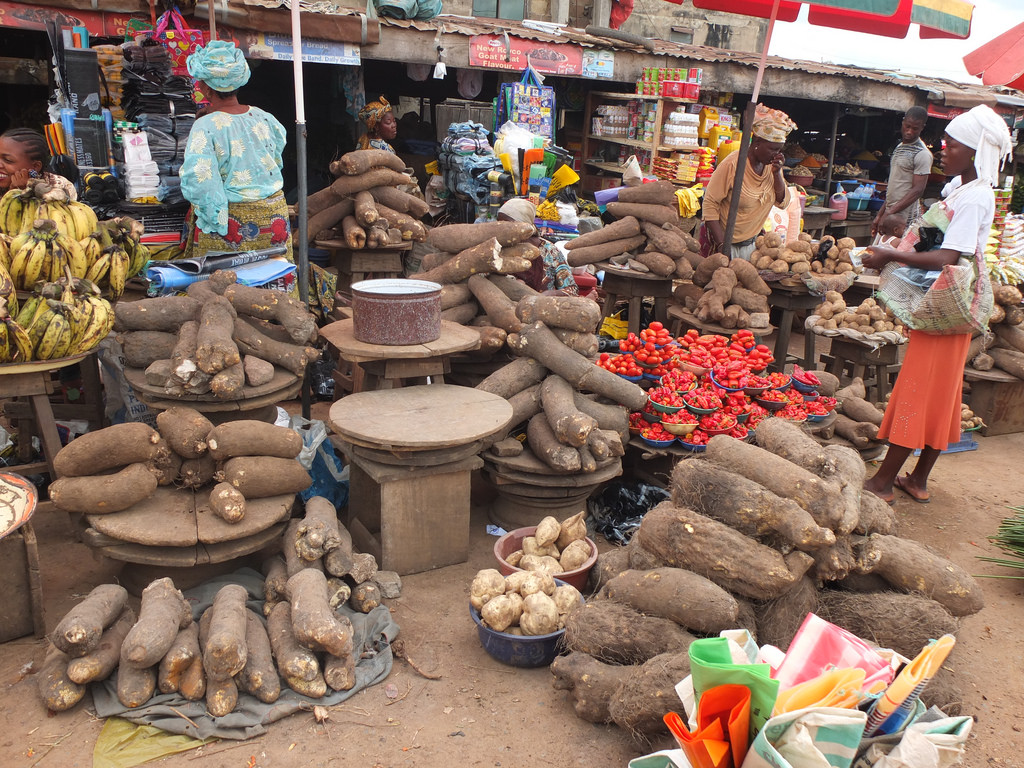Food security is a pressing concern in Nigeria, exacerbated by economic hardships. It’s a critical issue with a rapidly growing population and various challenges that hinder the availability, accessibility and utilisation of nutritious food.
Food security in Nigeria requires a comprehensive and coordinated approach by the government.
A lot of households in the country today can hardly afford three square meals due to economic hardships and the rising cost of food commodities. Lack of access to nutritious food can lead to widespread malnutrition; it can lead to decreased productivity and increased healthcare costs. It can also exacerbate inequality and create societal divisions potentially leading to social unrest and political instability.
Food security in Nigeria requires a comprehensive and coordinated approach by the government. By prioritizing investment in agriculture, supporting smallholder farmers, improving storage and distribution infrastructure, and facilitating access, government can address the hardships and ensure a resilient food system that adequately meets the nutritional needs of its population.
- World Food Day: Farmers urged to embrace modern practice
- Diphtheria: Borno sets emergency team as scourge hit 11 LGAs
Adequate food security can contribute to the overall well-being, development and stability of the nation. A healthy and well-nourished population is more productive, has lower health costs and can contribute to economic growth. It’s also fundamental for poverty reduction, social stability, political resilience and increased agricultural productivity.
President Bola Tinubu in an attempt to address the issue of food security in Nigeria has declared a state of emergency on food security to tackle the increase in food prices, his spokesman said.
Nigeria can create a foundation for sustainable development, economic growth and the well-being of its citizens by investing in food security.
Blessing Samuel Mshelia, Department of Mass Communication, University of Maiduguri

 Join Daily Trust WhatsApp Community For Quick Access To News and Happenings Around You.
Join Daily Trust WhatsApp Community For Quick Access To News and Happenings Around You.


